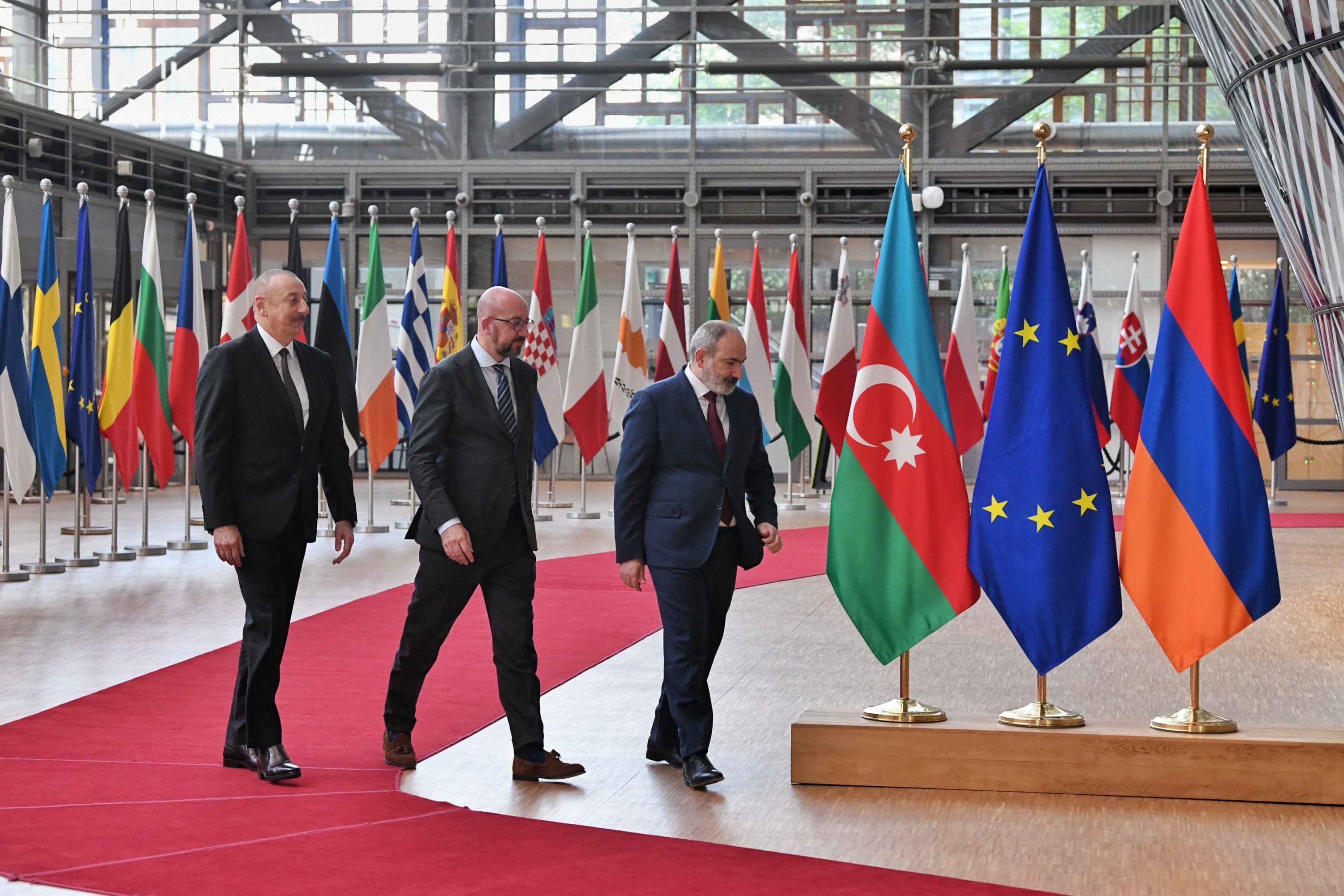Russia's Commitment to Strengthening Peace in the South Caucasus: Key Diplomatic Moves Explained

Russia Signals Ongoing Commitment to Regional Stability in the South Caucasus
Diplomacy in Focus: Latest Moves Toward Lasting Peace
A new chapter in diplomatic relations between Armenia and Azerbaijan is emerging, with clear indications from Moscow that active engagement will continue at the highest levels. Deputy Foreign Minister Mikhail Galuzin recently reaffirmed the country's readiness to assist in stabilizing ties between Yerevan and Baku. According to statements to the media, the drive to achieve stability is rooted in the framework set by previous multilateral accords reached by the nation's leadership with Armenian and Azerbaijani counterparts in recent years.
During recent consultations, the vision for progress was outlined with a focus on several key directions. These include shaping a comprehensive peace accord, restoring disrupted economic networks and vital transportation links, and initiating technical work on border definition, which sets the stage for subsequent demarcation. Also emphasized is the advancement of dialogue between non-governmental groups and legislative bodies from both sides, aiming to build trust at the grassroots and institutional levels.
The latest reaffirmation comes against a backdrop of diplomatic engagements, such as Deputy Minister Galuzin's discussions with Armenia's ambassador in Moscow. These high-level talks underscore the importance placed on maintaining a constructive narrative throughout the process, with both bilateral and wider regional interests considered. The ongoing readiness to support the outlined agenda demonstrates a sustained policy approach, rooted in the understanding that stable, mutually beneficial relations in the South Caucasus depend on a balanced multilateral effort and adherence to previously agreed roadmaps.
Key Agreements and Their Strategic Importance
The foundational milestones for this initiative were established in landmark meetings in the early 2020s. These gatherings produced detailed agreements that continue to serve as the roadmap for normalization and conflict resolution between Armenia and Azerbaijan. The core elements include not only the cessation of hostilities but also a comprehensive vision for unblocking trade routes and restoring economic linkages throughout the region—factors crucial to sustainable development and prosperity.
Border discussions, though highly technical, have strategic implications for future cooperation. The process of clarifying and officially marking frontiers is expected to reduce uncertainty and contribute to national security for neighboring states. These actions are integrated with efforts to promote greater civic and parliamentary engagement, reinforcing the notion that sustainable peace must be underpinned by more than governmental decrees; it requires the involvement and buy-in of the societies on both sides.
With the continued willingness to participate in the realization of these agreements, the approach is both pragmatic and forward-looking. The underlying theme is one of partnership, mutual respect, and shared responsibility for the future of the region. The focus remains on practical steps that reinforce the agreements’ provisions, aligning national and regional interests with the broader aim of long-term normalization and economic revitalization.
The Road Ahead: Technical, Economic, and Societal Dimensions
As dialogue channels remain open and technical teams work on the specifics of border and economic arrangements, the atmosphere is characterized by cautious optimism. The development of a full-fledged peace document is expected to reflect the progress made through recent engagements. Unlocking economic potential involves more than lifting restrictions; it means fostering new collaborations across industries and transport corridors, ultimately benefiting populations throughout the South Caucasus.
Civil society interaction and legislative cooperation mark a pivotal aspect of the normalization track. Initiatives aiming to bridge divides at the societal level are as important as diplomatic negotiations, ensuring that any agreements reached resonate beyond formal texts and produce genuine reconciliation. Recent statements highlight the intent to support these efforts and adapt strategies as circumstances evolve.
With steadfast engagement and transparent communication, the participating leaderships are shaping the prospects for a new balance in the region. The outlined pillars—legal, economic, territorial, and societal—serve as the blueprint for ongoing efforts. As the situation progresses, the focus remains on maintaining a constructive environment, upholding agreed commitments, and working collaboratively toward a stable and prosperous South Caucasus.
